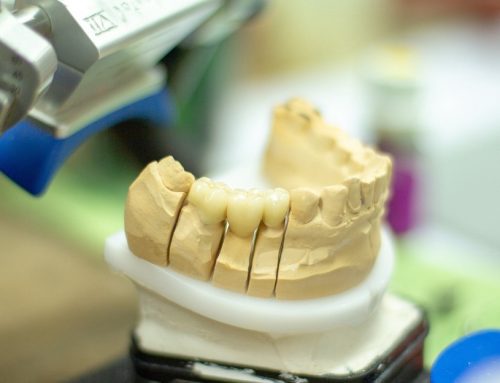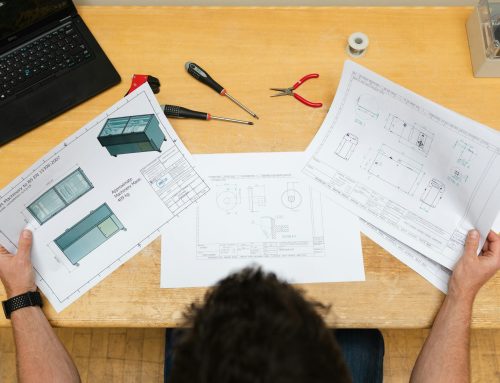National Alliance on Mental Illness statistics showed that 22.8% of US adults had mental illnesses in 2021. It’s 57.8 million people or one in five. The mental health topic is relevant – more people are turning to psychologists, paying attention not only to physical health.
First, experts recommend sticking to a regime and food/sleep/activity balance. You can get more complex techniques in individual sessions. Running is the most common way to get dopamine quickly and improve your condition regularly. However, many people try to distract themselves and get a quick dopamine boost by playing online pokies or video games. Let’s consider how these activities affect the brain and whether they coexist with mental health benefits.
Time to Get Your Sneakers Out?
We won’t underestimate the benefits and impact of jogging on the mental state. Here are some of the main pros:
- Increased cognitive function. The National Academy of Sciences proceedings state that regular running improves cognitive function. It means better concentration, problem-solving abilities, and memory.
- Reduced stress and anxiety. Jogging promotes the release of endorphins, natural antidepressants. Even 30 minutes is enough, whether on a treadmill or outdoors.
- Improved sleep. Many people have insomnia. However, regular running improves sleep quality by shortening the time to fall asleep and reducing waking up at night.
- Increased self-esteem and self-support. Achieving running goals gives you a sense of accomplishment and confidence.
- Reducing the risk of developing mental disorders. Studies conducted in JAMA Psychiatry have shown that people who exercise regularly are less likely to suffer from depression and other mental illnesses.
- Promoting psychological recovery. Running can be a meditation form to slow the pace of life and focus on thoughts.

So, we’ve got that covered. Now, let’s move on to a more pleasant (for many) recreation type – games.
The Impact of Online Games
Gaming is an essential part of modern culture and entertainment. There is no denying it. Games effectively attract the masses, providing pleasure and escape from everyday life. We run into the virtual world, forgetting about problems and stress. However, the effect is short-lived and sometimes impacts negatively. After the game, the fast dopamine ends, and reality returns.
If it is gambling, it also adds financial problems. Online casinos actively promote responsible gambling rules, which require effort and self-control, so not everyone follows them. We highlight a few points about the negative impact on mental health:
- Social isolation. Too long gaming sessions lead to loneliness and alienation from the real world. VR does not provide physical contact with other people. While communicating via chat or virtual voice is valid, it is not a substitute for face-to-face meetings, live conversations, and physical hugs.
- Decreased academic achievement. Young people, especially adolescents, get too involved in the game and forget about their studies – homework brings less positive emotions.
- Sleep disorders. Players often choose nighttime for entertainment and thus disrupt their routine. Our brain processes the information in a dream, and the whole body recovers and strengthens. A lack of hours in bed leads to mental and physical problems as immunity drops.
- Aggressive behavior. Several studies indicate a link between playing violent games and increased irritation. It leads to quarrels and sometimes even fights.
So, being careful and playing with limits is essential, especially for young people and vulnerable groups.
Positive Aspects
Firstly, many online games develop strategic and creative thinking. Players make decisions, develop tactics, and solve problems. If time is limited, they also learn to react quickly.

The second crucial advantage is the social aspect. Gamers interact with participants worldwide, developing communication skills and forming virtual communities. Online games give a platform for spending time together and communicating.
In particular, some games train and educate using an interactive approach. Others allow you to learn about history and culture and solve complex puzzles. They are an excellent complement to learning, increasing curiosity.
Conclusion: Optimal Solution
You don’t have to run around all day and never play. Mental health requires a balance in everything. Allocate time and attention to different life aspects. Plan your day to have room for exercise and fun.
Running can be a helpful exercise and a pleasant relaxation when you enjoy time for yourself and nature. Entertainment provides both fun and benefits. For example, games that develop logical thinking or creativity. We also recommend setting timers and taking a break from the screen. So, stick to a daily routine and manage your mental health.








Leave A Comment